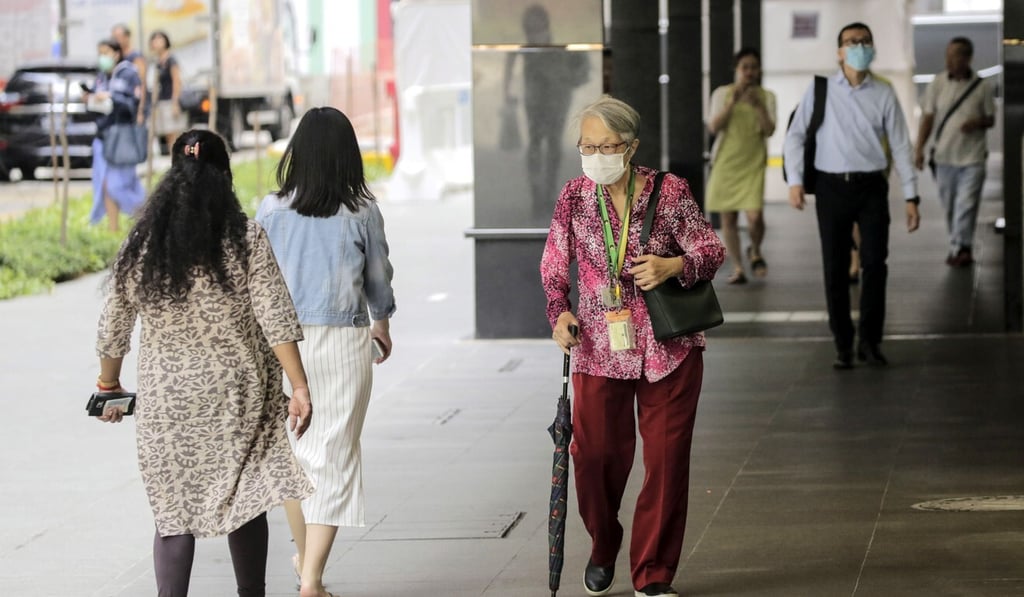Opinion | Singapore’s boomers haven’t gone mad, they just need time to process coronavirus measures
- The island nation’s impatience with its elderly stems from a misunderstanding of their need for independence as well as community
- While many of them are being scolded, threatened or shamed online, a more effective and empathetic solution would be to offer them help

As anyone who’s ever queued for anything in our crowded country can tell you, it’s simple. Someone leaves a gap, you “die-die must move in”. Good food? “Die-die must try.”
To do it right, observe the nation’s aunties and uncles. Like nature, they abhor a vacuum. If they see a hole, they zoom in for the fill.
Amateurs don’t stand a chance against those who practise all day, every day, everywhere. Sure, we all know how to cram, but seniors have the skills down pat – and anyone younger can’t push back if our elders cut queues or squish themselves into already packed lifts. They’re Singapore’s official “Pioneer Generation”, they sacrificed a lot when this country needed them to, so the optics of not giving way to them, until recently, would have been regarded as disrespectful.
They also form a growing proportion of residents. Singapore’s statistics department said those aged 65 years and over made up 13.7 per cent of the population in 2018, with that demographic making up around one in four residents of areas such as Outram, Rochor, Bukit Merah and Sungei Kadut.
